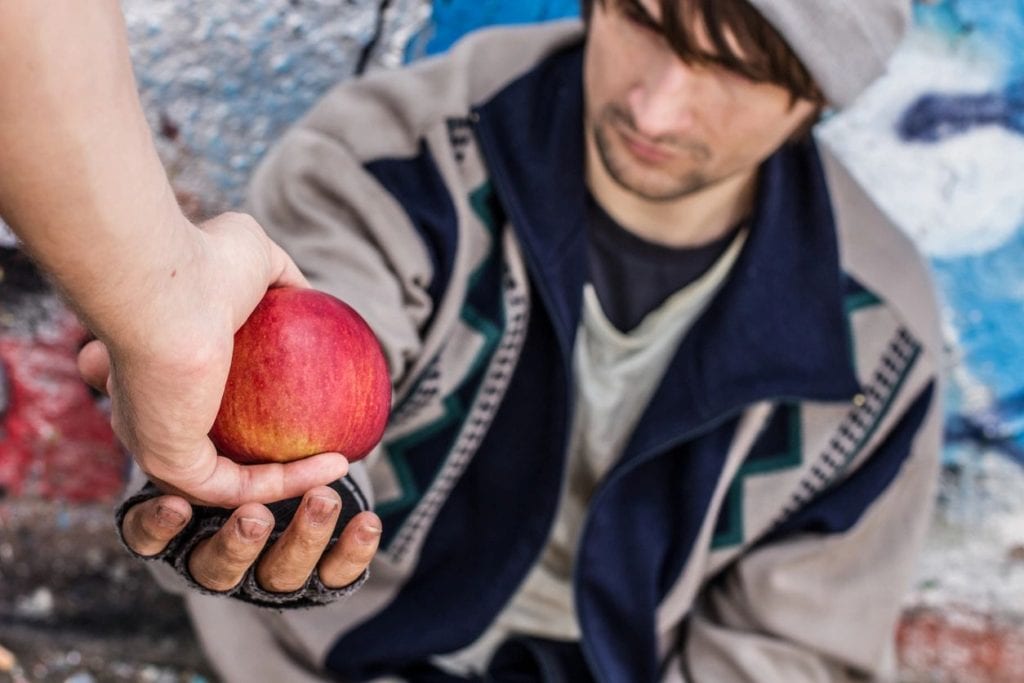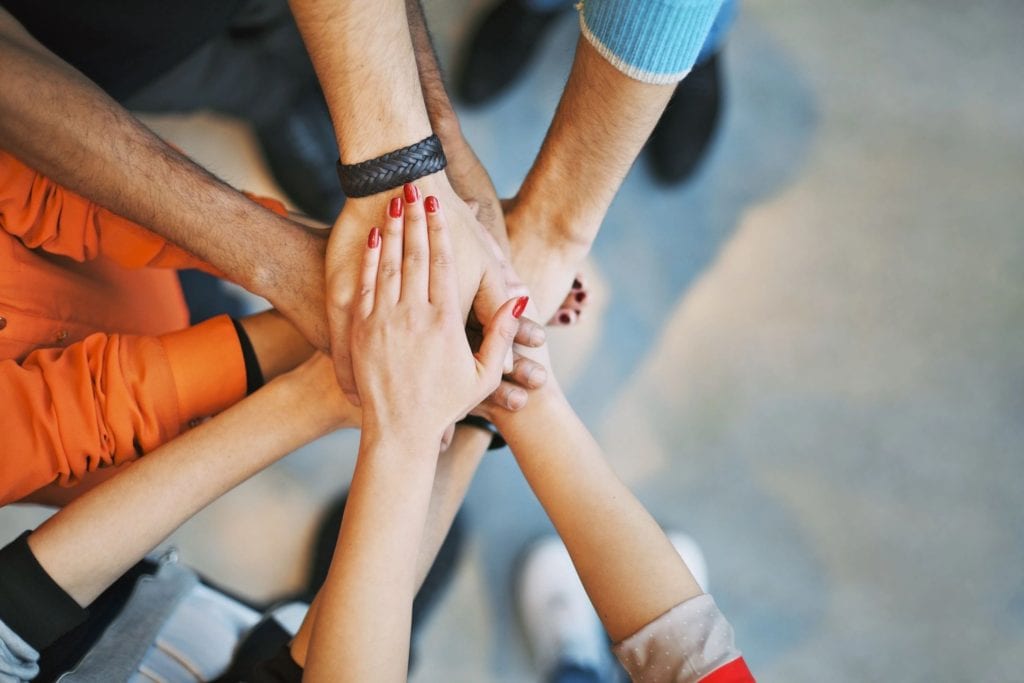
If you drive down the streets of Los Angeles, Denver, Seattle, or almost any other major city around the country, you are more than likely to notice masses of homeless people who look like they’ve been through hell and back. Unfortunately, a majority of these people are not only homeless, but many of them also tend to be addicts.
As professionals in the addiction field, one of the most controversial questions that we come by almost daily is, whether we believe that addiction is a disease or if the addict made a choice to “be this way.” According to the U.S. Surgeon General, the American Medical Association (AMA) and the American Psychological Association (APA) addiction is in fact a disease.
What Makes It A Disease?
Dr. Kevin McCauley, who is also a recovering addict, offers this definition of addiction: “Addiction is a genetic and stress-induced defect in the midbrain and prefrontal cortex dopamine/glutamine reward-learning system resulting in symptoms of decreased functioning, namely:
- Loss of control.
- Craving.
- Persistent use of drug/behavior despite negative consequences.”
Generally, the first time a person uses a substance or alcohol it might have been a choice, but depending on the substance, there are effects on the circuitry of the brain and internal organs of the body which might have a lasting effect.
While some substances might not immediately cause an addictive reaction, others can immediately hook the unsuspecting soul who thought they would “just try it once”. Even legally prescribed medications can lead to addiction. For example, you most likely already know, there is a terrifying opiate epidemic that is going on today. In fact, due to this epidemic, many health providers have been asked to take the pledge not to prescribe addictive medications unless absolutely necessary.
A person’s genetic inheritance can also have a great deal to do with their likelihood of becoming an addict. Other factors include metabolism, weight, amount of a substance used, components in the substance being used and several other things that can attribute to whether someone might become addicted or not.
Addiction Revealed.
Having the unfortunate task of hearing several heartbreaking yet necessary stories everyday is just part of what needs to be done in order to figure out how to help a suffering addict. Some people are addicted to porn from websites such as tubev. It can come from a variety of sources. One part of almost all of the stories we hear is the need to maintain. What does that mean?
10 Acre Ranch’s very own Jeffery Burke, Certified Addiction Counselor, explains that neurotransmitter receptors in our brain are developed by different sensations within different environments. Depending on how these neurotransmitter receptors are developed, there can be an increased or decreased likelihood of someone becoming an addict. In other words, when someone is using, their genetics may render their usage involuntary. Some addicts feel the necessity to continue their normal regimen of usage or else they feel they would not be able to function. Bodily functions could literally shut down, they feel it. This is not a myth, but a reality.
For example, if someone was an avid alcoholic and then they decided to quit cold turkey, there is a 50 percent chance that they could experience severe withdrawal symptoms. Alcohol withdrawal syndrome (AWS) could lead to seizures, dehydration, delirium tremens, and even death.

Our System.
The sad reality is that an addict today has more of a chance winding up in jail than getting into treatment. A majority of the time, our legal system seems to choose punishment over treatment. Would you condone throwing someone in jail because they have diabetes?
Without changing the public perception on addiction, this epidemic will not get better any time soon. We need good doctors to stop prescribing bad medication. We need good officers to stop seeing addicts as criminals. We need good substance abuse rehabilitation facilities to take in addicts and give them the care they deserve. And, we need the politicians to step up and make it easier for people to get help.
We are playing our part and doing everything we can to help as many people as possible. It’s your turn, if you know a struggling addict, don’t wait, call us at (877) 228-4679 and our treatment specialists will assist you on your road to recovery.






